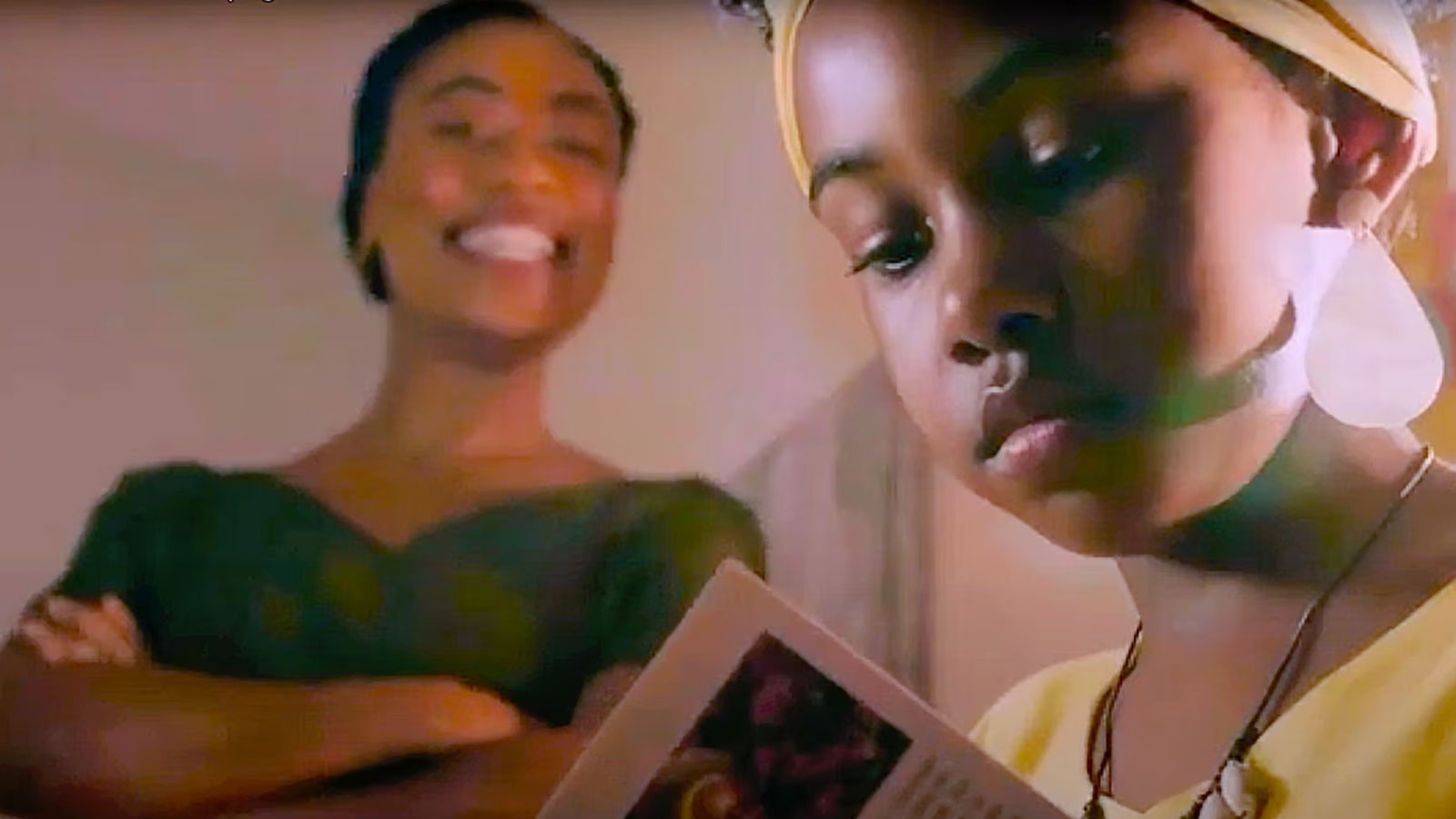Women make up 51% of the population, and Afro-Brazilians 56%, but no Black woman has ever sat on the highest court.
By Constance Malleret, The Guardian —
A young Black Brazilian girl dreams of being a pop star, a writer or a world champion in gymnastics, dressing up like the Afro-Brazilian women who have achieved that before her.
But when her mother suggests that she aspire to become a judge on the supreme court, the girl looks incredulous and asks: “Like who?”
The scene is from a short film released as part of a campaign calling on President Luiz Inácio Lula da Silva to nominate the first ever Black female justice to Brazil’s highest court.
“It’s absurd to think that in a country that is more than 50% Black, and where Black women are almost a third of the population, there has never been a Black female justice,” said Tainah Pereira, political coordinator of Black Women Decide, an organisation fighting this demographic’s underrepresentation in institutional politics.
Women make up 51% of the population, and Afro-Brazilians 56%, but both groups have been chronically underrepresented in state institutions. This is particularly true in the upper levels of the judiciary: in its 132-year history, the supreme court has only ever had six judges who weren’t white and male – three white women and three Black men.
Civil society is now clamouring for Lula to right this historical injustice. The leftist leader will soon nominate a new judge to the country’s top tribunal, after Chief Justice Rosa Weber reaches the compulsory retirement age of 75 in October.
We urgently need to change the face of power in the Brazilian judiciary, and the superior courts in particular — Tainah Pereira of Black Women Decide
“We urgently need to change the face of power in the Brazilian judiciary, and the superior courts in particular,” said Pereira.
As the highest judicial authority in the country, Brazil’s 11-member supreme court acts as defender of the constitution. It is also responsible for trying nationally elected politicians and serves as the court of last resort for appeals. In recent years, it has acted as a counterweight to a conservative congress on issues such as Indigenous and LGBTQ+ rights and played a vital role in keeping former president Jair Bolsonaro’s authoritarian tendencies in check.
Just last week the court blocked efforts to roll back Indigenous land rights, with nine justices voting against putting a time limit on native peoples’ claims to their ancestral land. Despite the ruling, congress is trying to pass a law that would limit the demarcation of new Indigenous territories.
Legal experts argue that addressing the appalling lack of diversity on the majority-male, all-white bench would allow the court to better serve all Brazilian citizens. “How can a country judge a majority-Black population if we have no representation in the courts?” asked Monique Damas, a criminal attorney and executive director of the Black Female Lawyers collective.
“State institutions are structurally racist … The absence of [diversity] in these spaces has a practical impact on the Black population’s lack of access to rights,” said Ingrid Farias, who is coordinating a campaign for representation at the highest echelons of Brazil’s judiciary spearheaded by the Black Coalition for Rights.

The supreme federal court in Brasília. Photograph: André Borges/EPA
As well as an email petition that has garnered over 30,000 supporters, the publicity campaign has taken the Afro-Brazilian movement’s demand for a Black female justice to billboards in New Delhi and Times Square in New York.
“It’s the first time that Brazil has spoken so much about how we need to see a Black woman in the supreme court, and that has to be reflected in our actions,” said Karen Custódio of the Institute for the Defence of Black People (IDPN), a legal aid organisation that is behind the campaign’s short film, titled Everyone Has a Dream.
“Black girls in this country don’t even have the right to dream and think about being a justice, due to the absence of a Black woman in the history of the supreme court,” said Custódio.
There was hope of change after Lula was elected on a progressive platform last year, bringing an end to Bolsonaro’s openly racist and misogynistic reign. But activists feel that the government’s commitment to tackling Brazil’s deeply embedded racial inequality is stronger on paper than in practice.
“The government’s gestures [for racial equality] so far have been more about visibility than practical impact,” said Farias.
Progressive Brazilians were particularly disappointed when Lula picked his former defence lawyer Cristiano Zanin to fill a first vacancy on the supreme court in June. Aged 47, he will serve as a justice for nearly three decades.
“A white, heterosexual man from a well-to-do background, with a fairly conservative profile,” summarised Pereira. Her organisation, Black Women Decide, is one of several institutions to have put together shortlists of Black female lawyers, to show Lula that there is no lack of competent candidates beyond the trusted men in his close political circle whom he reportedly favours.
But so far the president has not engaged with the campaign, nor its calls for him to meet some of the women the civil rights movement would like to see don a black robe. On Monday, he told journalists that race and gender would not factor in his decision.
Lula still has an opportunity to make history as the first Brazilian president to appoint a Black woman to the supreme court, said lawyer Custódio. Failure to do so would be a “historic loss”.
Source: The Guardian
Featured image: A still from Everyone Has a Dream, part of a campaign to persuade President Luiz Inácio Lula da Silva to nominate a Black woman to the supreme court. Photograph: IDPN campaign/YouTube.















